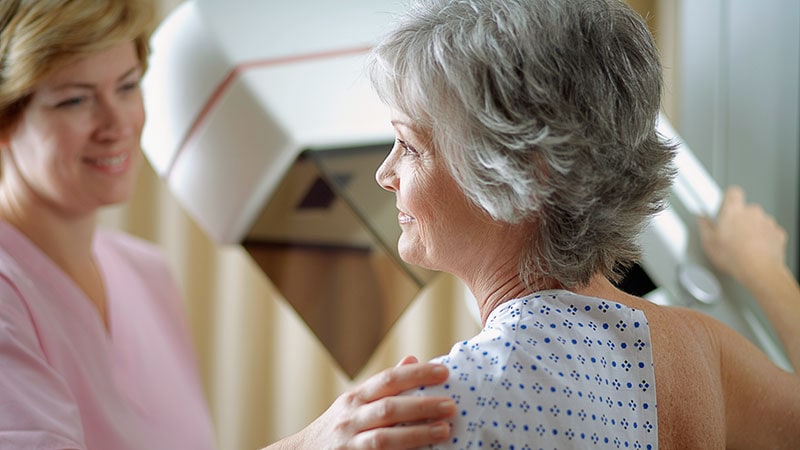Only 1 in 5 women at increased risk for breast cancer see a strong need for tamoxifen preventive therapy, new research suggests.
In a cohort of women attending an appointment to discuss breast cancer risk, more than 70% had strong worries about the long-term effects of tamoxifen and more than half reported concerns about potential side effects.
Among the 258 women in the final analysis, uptake of tamoxifen at 3 months was 14.7%, even though 19.4% believed their current health depended on them taking tamoxifen and 18.2% believed they would become very ill without it.
A significant proportion of women reported concerns about the nature of medicines and how they are used by doctors. This included the belief that doctors use too many medicines (28.9%) and would prescribe fewer medicines if they had more time with patients (35.3%). Some also reported heightened sensitivity to the effects of medication, with 22.8% reported that they had experienced reactions to medicines in the past.
In a subgroup of women reporting low perceived need for tamoxifen and stronger medication concerns, a significant proportion believed doctors use too many medicines (59.1%) and place too much trust in medicines (34.4%). These women were more likely to believe that medicines are poisons (13.6%), addictive (29.9%) and that people who take medicines should stop for a while every now and again (44.8%).
The authors suggest that this group might benefit from additional support that focuses on eliciting and addressing unresolved medication concerns.



